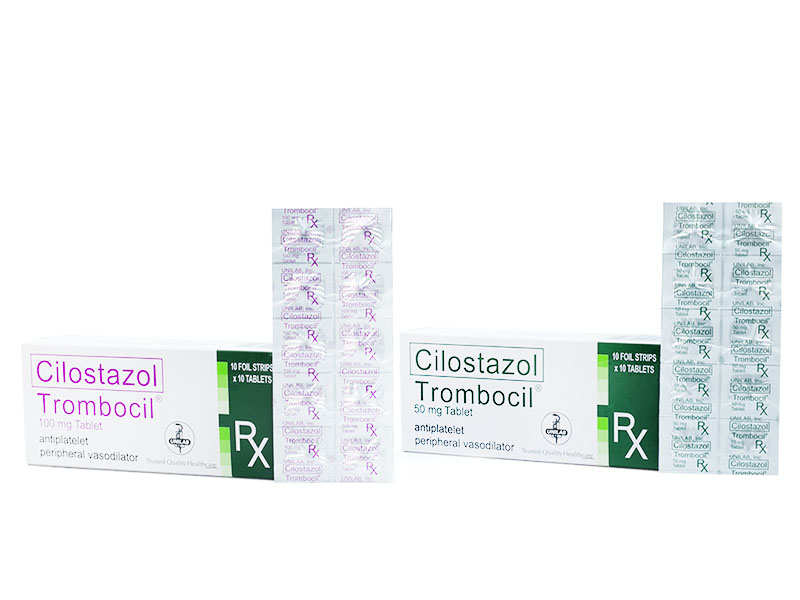The World Health Organization (WHO) has credited stroke as the second leading cause of death and the third leading cause of disability globally. The same bulletin also states that stroke “mainly affects individuals at the peak of their productive life” which means that everyone is at risk, even if you feel no obvious symptoms.
Majority of the causes of stroke are preventable by living a balanced and healthy lifestyle. Early prevention and detection can help you lower your risk level and other diseases linked to stroke. Start your journey today.
Eat healthy
Blockages in your arteries are mostly a result of atherosclerosis, a disease that causes plaque buildup in your arteries. According to the National Heart, Lung, and Blood Institute (NHLBI), plaque is “made up of fat, cholesterol, calcium, and other substances found in the blood.” Plaque buildup eventually causes your arteries to narrow and harden, which limits the flow of oxygen-rich blood to your brain and other organs.
To avoid clogging up your arteries, avoid eating food that are high in fat and cholesterol. Opt for ingredients that are rich in fiber and nutrients instead like whole wheat, vegetables, and fresh fruits. Steer away from sweets and vices like smoking and drinking alcoholic beverages since these bad habits are also tagged as major causes of atherosclerosis.
Stay active
Once a diet plan is in place, it’s time to focus on developing your exercise routine. Stroke is caused by a combination of lifestyle and medical risk factors, so you should do whatever you can to reduce your risk level.
Being overweight or obese can greatly increase your chances of developing heart disease, diabetes, and sleep apnea—all of which are linked to stroke. Get moving on a daily basis by incorporating short but effective exercise routines like jogging, yoga, and swimming. You should be able to squeeze in at least 30 minutes of physical activity a day to help minimize your risk and to avoid excessive weight gain.
Keep your health in check
Aside from starting a healthy lifestyle, you should also schedule regular visits to your nearest clinic for your annual checkup. Make it a habit to have routine blood tests done to determine if your cholesterol levels are within normal range. If you have a history of stroke, make sure that you: take your prescribed medications on time (if any), monitor your blood pressure regularly, and to always have access to an emergency hotline in case of another attack.
If you are aware of or living with a family member who has suffered from a stroke attack in the past, make it a habit to accompany them to their checkups and to regularly check on their health. Those who have suffered from an attack are still at risk, so it’s absolutely important to take the necessary health precautions to avoid another episode.
General disclaimer
Always consult your doctor before taking any medicine for your condition. Your doctor will always be in the best position to give the appropriate medical advice. For suspected undesirable drug reaction, seek medical attention immediately and report to the FDA at www.fda.gov.ph and UNILAB, Inc. at UNILAB-1 or productsafety@unilab.com.ph.




